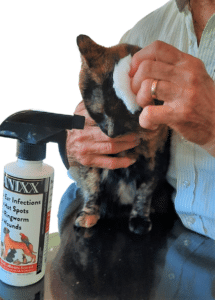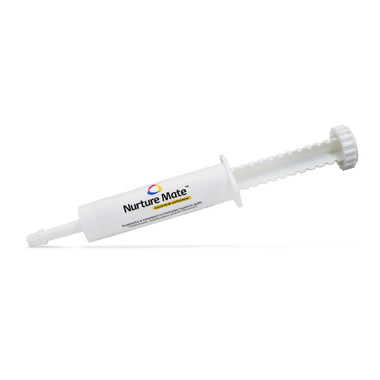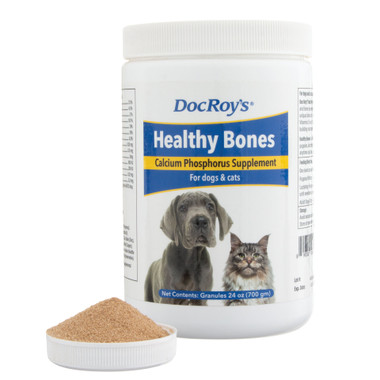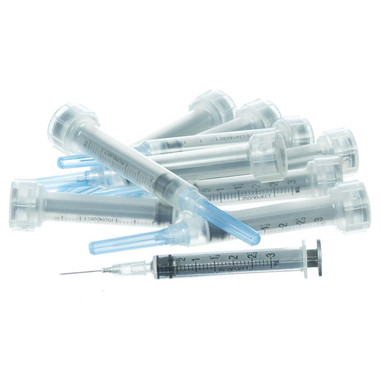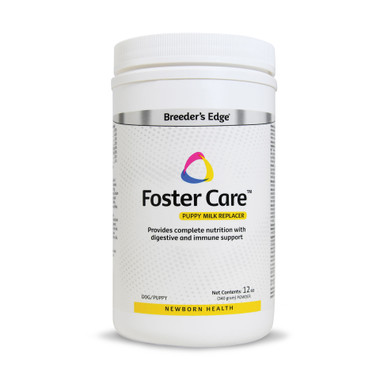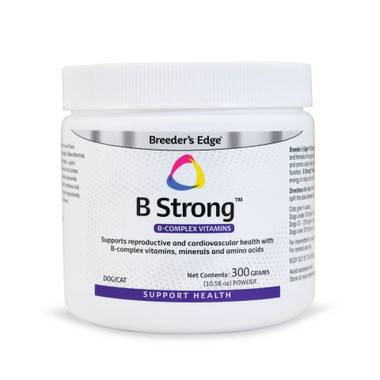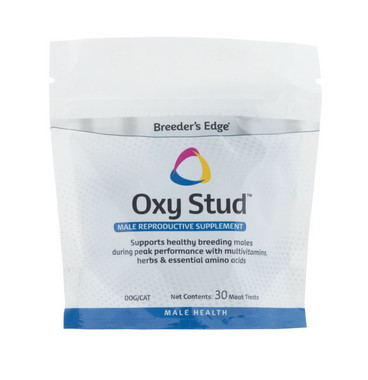Dealing with cat food allergies And: What’s the best cat food for allergies?
Estimated 0 min read

Could it be cat food allergies?
Your poor dear is suffering with mysterious symptoms. She’s got itchy skin, secondary infections and sores, ear infections, or upset gastrointestinal tract.
What could be wrong?
One possible answer is: allergies to the food she’s eating. Yes, she could be troubled by the third most common type of allergy in cats (flea bites and inhaled substances are the first two).
What are food allergies in cats?
Your kitty can develop a food allergy when her immune system overreacts to a food substance she has eaten in the past. Over time, her immune system produces antibodies to a protein or complex carbohydrate in her food.As a result,these antibodies cause a food allergy to “suddenly” manifest and afflict your poor fur baby.
It’s relatively rare for cats to have food allergies. Only 1% of call cats have them, and 15% of itchy cats have food allergies. Even more, 42% of cats who have both itching and gastrointestinal problems are reacting to food.
Food allergies can develop at any age, but usually start when a cat is more than four years old.
What causes food allergies in cats?
As with many mysteries revolving around our feline friends, the exact cause ofcat food allergiesis still unknown. More research is needed to find out why they occur.However, most believe it to be caused by a genetic predisposition to developing food intolerance or hypersensitivity to allergens in their food.
Although cats can develop allergies to any protein or carbohydrate they have been exposed to, the most common food allergies are:
- Beef
- Fish
- Chicken
In addition, cats can also have allergic reactions to the following foods,thoughthey happen less commonly:
- Wheat
- Corn
- Dairy
- Lamb
- Egg
- Barley
- Rabbit

Watch for changes in look and behavior
Symptoms of food allergies
The most common symptom withfood allergies in catsis constant itching, especially around the head and neck. This results in licking, scratching, overgrooming, and biting.
Symptoms may also include:
- Recurrent skin lesions, scabs and plaques caused by the scratching, biting and licking
- Self-caused hair loss due to the scratching and biting, etc.
- In some cases, there may be GI symptoms like diarrhea, vomiting or constipation
- Weight loss and reduced appetite
- Ear infections
In addition, there can also be scary, severe allergic reactions: Anaphylactic shock requires emergency medical treatment. Fortunately, this is extremely rare.
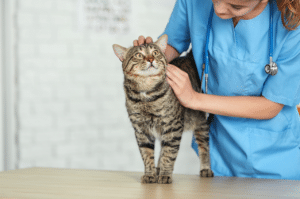
Turn to your vet for an allergy diagnosis
Howcat food allergiesare diagnosed
Your vet will need some help from you to do a proper diagnosis. For instance, you should be prepared to give him/her a full picture of your cat’s health. This is because symptoms for food allergies are similar to other diseases or environmental allergens, (pollen, toxins, etc.).
And you’ll need to provide a good dietary history, including all current and previous foods she has been eating. This would include snacks, treats, medications and toys.
Your vet will then check your cat over thoroughly, running various skin or gastrointestinal tests (depending on the symptoms).
If the vet determines your cat’s misery could be due to a food allergy, s/he may recommend an Elimination Diet Trial. This would involve feeding your darling a strict hypoallergenic diet for 8-12 weeks to see if she improves.
This diet would take into account what previous foods she’s been eating. It would feature a protein source that your cat has never eaten before (since the allergen culprit is usually meat, fish or chicken).
If your cat is doing better on this diet, you can start to reintroduce elements of the old diet to see if her symptoms come back. If they recur, you cat is allergic to that particular ingredient and you should avoid it in the future.
It’s definitely a process involving trial and error. Be patient – your cat will ultimately thank you!

Choosing the right food for your cat
Sowhat’s the bestcat food for cats with allergies?
The obvious answer is: Something that doesn’t contain any of the food products that cause an allergic reaction. It’s a matter of managing, rather than treating or curing, the food allergy.
Easier said than done. How do you do that?
- Put kitty on a “novel” protein diet(a protein that your cat has never eaten before). This diet may be commercially prepared or home-cooked (using ingredients that humans eat). You should consider buying the best commercial diets from your vet by prescription. Over-the-counter foods that you get at regular stores probably contain common allergens or other extra ingredients that may provoke an allergy.
- Try a hydrolyzed diet for the elimination food trial.This is a prescription food that contains proteins that have been chemically broken down into small pieces (peptides). The process, called hydrolysis,makes the proteins unrecognizable to a cat’s immune system. So it helps reduce or eliminate the allergic reaction.
- If fish is a “novel” protein,fish-based dinnerscan be the bestcat food for cats with allergies. It’s a natural source of Omega-3 fatty acids, which helps with a cat’s skin coat, immune system and heart health.
- Switch to a home-made diet.This is a commitment, as you’ll need to ensure the diet is nutritionally balanced. Use novel proteins and carbohydrates that your kitty has not been exposed to before. Ingredients should be high-quality and human-grade. Rotate ingredients to provide variety and prevent new allergies from developing. And cook all meats thoroughly to kill bacteria and parasites. Be sure to consult your vet to understand what nutrients need to be included.
If your cat’s symptoms are alleviated, any of these diets can be continued indefinitely.
How to I help my cat in the meantime?
Whileall this diet testing and eventual diet adoption are happening, your cat may still be scratching up a storm. There ARE some treatments that can help your cat during the process of eliminating the allergens in his body.
- Your vet might prescribe alow-dose corticosteroidlike prednisone to relieve some of the itching.
- Kitty may have scratched, licked and bitten so much that secondary bacterial or yeast infections have developed.Whilea vet can prescribe antibiotics, you have other excellent options likeBanixx Pet Care spray.
- Shampoos and medicated bathsmay help in some cases.
Finally,we recommend regular follow-ups with your vet to monitor your cat’s progress. S/he can help you make adjustments to your kitty’s diet if needed.
In conclusion
The bad news is thatcat food allergiesrequire strict, lifelong management of your pawsome pal’s diet. No more treats from the table!
The goods news is that the symptoms can resolve in 10 weeks or less if your cat is on an appropriate diet. And Kitty will once again be comfortable and itch-free, making both of you happy!
How Banixx Pet Care Spray can help your kitty
Secondary bacterial or fungal infections can really cause misery for your cat.Banixx Pet Care Spraymay be just what you need to combat the itchiness, inflammation and open sores.
Banixx is a powerful anti-fungal and antibacterial agent. It will go to work immediately on your cat’s skin problems. But it’s got a lot of amazing benefits that many other sprays don’t:
- It’s tissue-friendly and will not sting, stain or cause damage to even the most sensitive areas of your cat’s skin.
- It contains no alcohol or iodine to cauterize tissue.
- It’s not sticky and doesn’t have any odor, which makes it a perfect “leave-on” treatment.
- It has been clinically proven safe around the eye
Banixx is easy to use. Simply spray it on the affected areas of your cat’s skin as directed on the product label. Always ensure to avoid the eyes and mouth.
Remember, whileBanixx Pet Care Spraycan help manage symptoms, it’s not a cure for food allergies. Always seek veterinary advice for a comprehensive treatment plan.
Banixx for Cat Lovers
At Banixx, we’re committed to providing you with comprehensive resources to keep your feline friend happy and healthy.
By staying informed and working closely with your veterinarian, you can make the best decisions for your cat’s health. VisitBanixxregularly for more expert advice on nurturing a thriving, contented feline companion.
Want info onhome remedies for cat ear infections? Orhow long to quarantine a cat with ringworm? Check more out on ourcat blogto see what else we’ve posted!
Sources:
https://www.medvet.com/food-allergy-cat/
https://cats.com/food-allergies-in-cats
https://www.catster.com/ask-the-vet/is-it-a-cat-food-allergy-or-intolerance/
https://www.petmd.com/cat/conditions/digestive/food-allergies-cats
https://simplynakedpetfood.com/blogs/fish-based-pet-food-resources/best-cat-food-for-allergies?srsltid=AfmBOooQ1Y7quyXqmDH113Y_9X66DlmpMLBn0BHbv1RWOfaZSc4N4sPo




